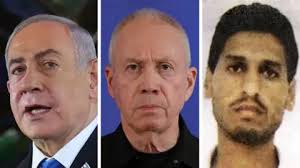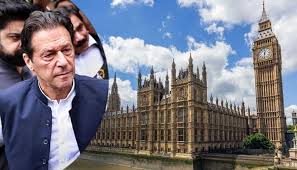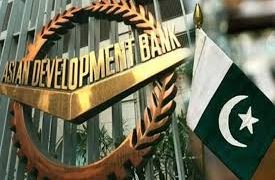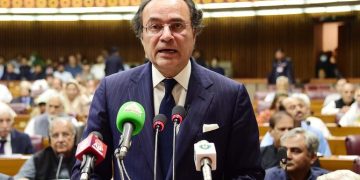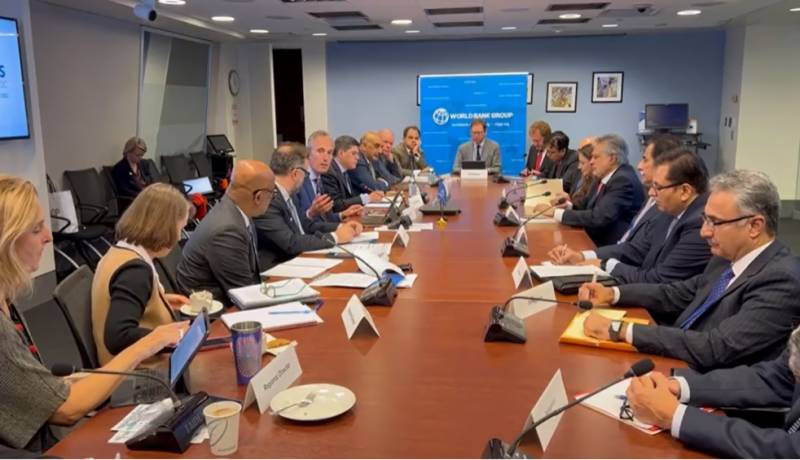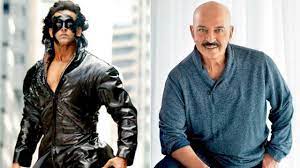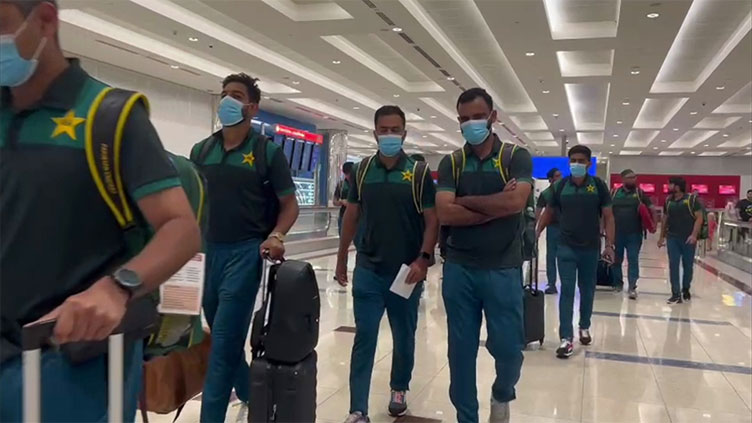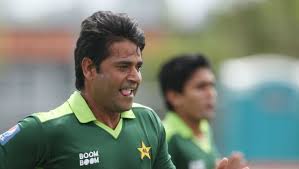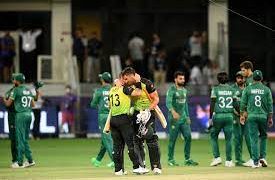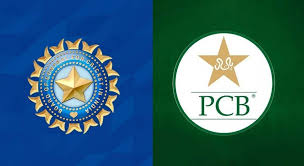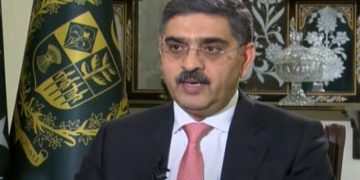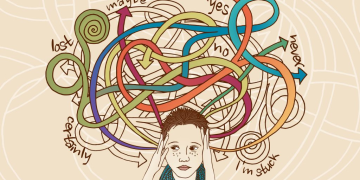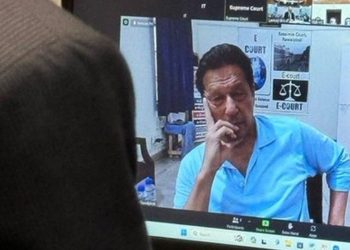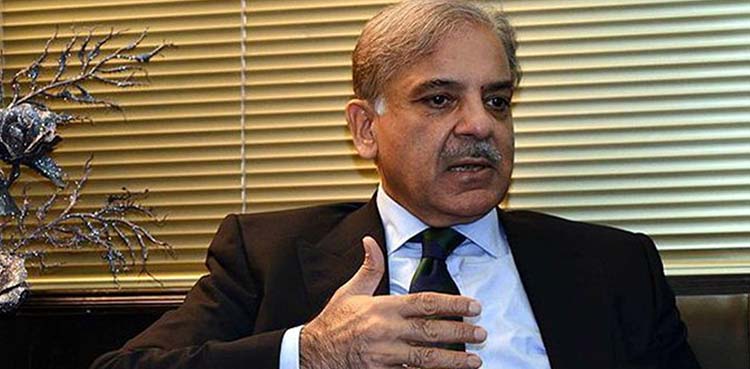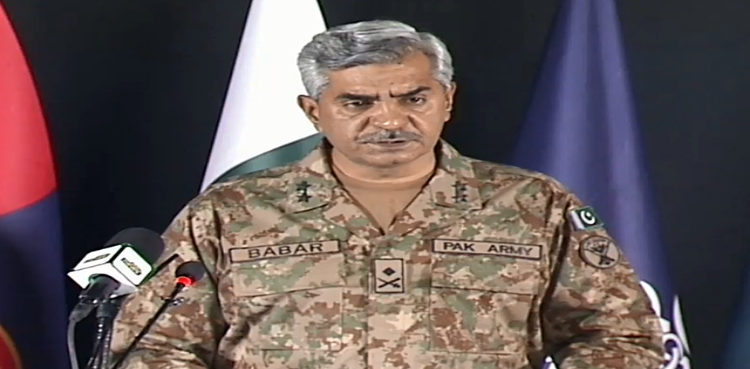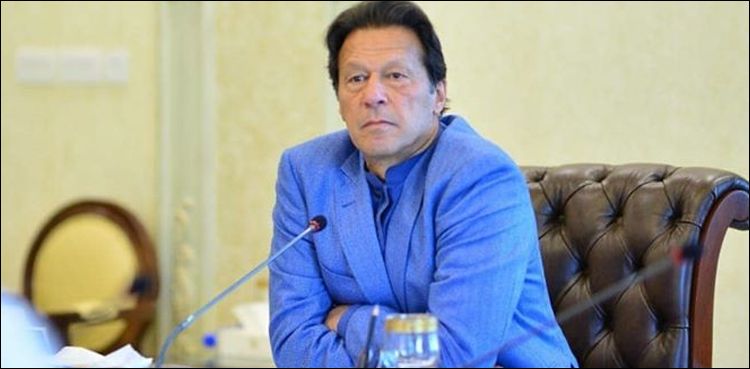Prime Minister Narendra Modi’s coalition led in a majority of seats Tuesday in India’s general election, according to early figures, but faced a stronger challenge from the opposition than expected after it pushed back against the leader’s mixed economic record and polarizing politics.
The counting of more than 640 million votes cast over six weeks in the world’s largest democratic exercise was set to take all day.
Modi was still widely expected to be elected to a third five-year term. If Modi wins, it would cement the 73-year-old as one of the country’s most popular and important leaders. It would only be the second time an Indian leader has retained power for a third term after Jawaharlal Nehru, the country’s first prime minister.
WATCH | Great anticipation as India awaits final results in vote:

India’s 642 million voters awaiting election results
12 hours ago
Duration2:02After a historic six-week election, vote counting has begun in India, with many expecting a major win for Narendra Modi, giving him a third consecutive term as the country’s prime minister.
Nearly 970 million people — more than 10 per cent of the world’s population — were eligible to vote and turnout averaged 66 per cent, according to official data.
A total of 272 seats are needed for a majority. In 2019, the BJP won 303 seats, up from 282 in 2014 when Modi first came to power.
Modi’s BJP, part of the National Democratic Alliance (NDA), led in 196 constituencies and had won 45, according to the early count. The Congress, part of the INDIA alliance, led in 83 constituencies and had won 15.
Markets drop on early returns
The election commission does not release data on the percentage of votes tallied, and early figures were expected to change.
The “Congress party and other opposition parties have showed tremendous resilience. To have a stronger opposition augers very well for India’s democracy that has taken a hit during Modi’s 10-year rule,” said political analyst Rasheed Kidwai.

